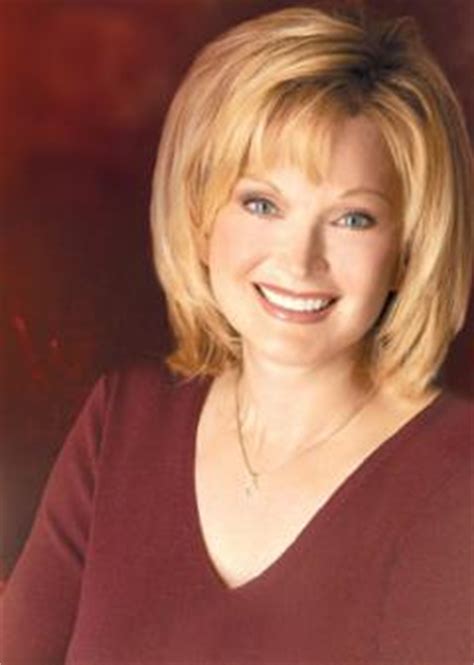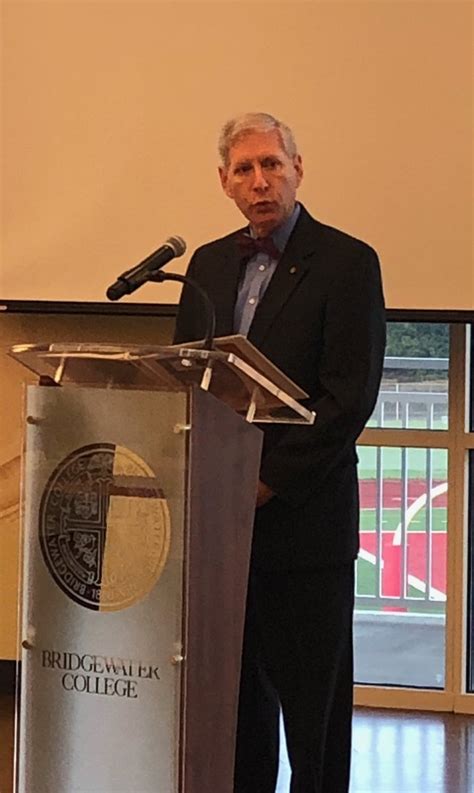A Quote by Wallace Stevens
The poet's function is to make his imagination . . . become the light in the mind of others. His role, in short, is to help people to live their lives.
Related Quotes
It is the mission of the pedagogue, not to make his pupils think, but to make them think right, and the more nearly his own mind pulsates with the great ebbs and flows of popular delusion and emotion, the more admirably he performs his function. He may be an ass, but that is surely no demerit in a man paid to make asses of his customers.
Genius in the poet, like the nomad of Arabia, ever a wanderer, still ever makes a home where the well or the palm-tree invites it to pitch the tent. Perpetually passing out of himself and his own positive circumstantial condition of being into other hearts and into other conditions, the poet obtains his knowledge of human life by transporting his own life into the lives of others.
The poet's, the writer's, duty is to write about these things. It is his privilege to help man endure by lifting his heart, by reminding him of the courage and honor and hope and pride and compassion and pity and sacrifice which have been the glory of his past. The poet's voice need not merely be the record of man, it can be one of the props, the pillars to help him endure and prevail.
John Lennon was just one of us, another human just trying to get through the day, and help make tomorrow a little better. And he was willing to put his thoughts and feelings about all that into his music, and when he had the chance to speak in interviews. He was only around for a short time, but he learned so much and was willing to give his heart and mind to all of us. What he had to say still resonates with me, with all of his fans.
My role models are people who can do things; I say to myself, "I wish I could do that." Like women who endure hardships and turn their luck around and bring up children on their own and start a business. Or a social worker who leaves his country, his comfort, his friends, and goes far away to help people he doesn't know. I want to evolve into that, ultimately. I want to be that person who could sacrifice everything for others.
The master in the art of living makes little distinction between his work and his play, his labor and his leisure, his mind and his body, his information and his recreation, his love and his religion. He hardly knows which is which. He simply pursues his vision of excellence at whatever he does, leaving others to decide whether he is working or playing. To him he's always doing both.
Christian's family lived under the shadow cast by his parents. They had purposely become Striogi, trading thier magic and mortality to become immortal and subsist on killing others. His parents were dead now, but that didn't stop people from not trusting him. They seemed to think he'd go Strigoi at any moment and take everyone else with him. His abrasiveness and dark sence of humor didn't really help things, either.
A library represents the mind of its collector, his fancies and foibles, his strength and weakness, his prejudices and preferences. Particularly is this the case if, to the character of a collector, he adds - or tries to add - the qualities of a student who wishes to know the books and the lives of the men who wrote them. The friendships of his life, the phases of his growth, the vagaries of his mind, all are represented.






































